News 11/11/10
Practice Fusion contends it now serves 50,000 medical professionals and five million patients, making it the third largest EMR community behind the VA and Kaiser. Wow. I’d love to see an audit of those numbers. Or perhaps just a definition of “serves.”
NextGen says its partnership with 25 RECs has allowed it to add more small practices to its client base. More details on NextGen’s REC initiatives here.
The five-provider Forest Hill Family Health Associates (NJ) selects RCM technology from PatientPort to provide real-times claims adjudication and calculate patient-responsible monies at the time of service.
HealthPoint Medical Group (FL) will implement McKesson’s Practice Partner EHR for its 118 employed physicians. HealthPoint, which is part of the BayCare Health System, will also offer Practice Partner to affiliated physicians.
No surprise here: medical practices aren’t as sophisticated as hospitals when it comes to data security, according to a HIMSS security survey. Practices are less like to conduct formal risk analysis, less likely to have security tools in place, and less likely to analyze data from audit logs. One logical explanation is that practices lack the internal IT staff to handle security issues.
Epocrates launches a mobile and online CME platform in partnership with RealCME. The CME courses are free for providers who use Epocrates.
Fairview Health Services contracts with Accretive Health to provide Fairview physicians access to clinical care coordination tools.
Ophthalmic Imaging Systems issues its third quarter financial results: net revenue of $4.9 million, up 25% from 2009; net loss of $466,788 (.02/share) compared to last year’s net income of $85,656 ($.00/share.) The company offers an EHR/PM solution as well as digital imaging systems. I have to wonder how long unprofitable niche vendors like Ophthalmic will be able to compete with the bigger EHR players.
EHRtv has added several interviews from MGMA, including ones with Scott Decker (NextGen), Dan Michelson (Allscripts), Robert Tennant (MGMA), and Jonathan Bush (athenahealth). All are fast paced and fun with good questions. Worth a peek.
Almost half of hospitals report having very good or outstanding relationships with employed physicians, though only 26% say the same about relationships with independent physicians. Almost all of the 193 organizations surveyed in a Modern Healthcare / Press Ganey survey believe physician employment by hospitals will increase in the future.
After eliminating $28 million in unnecessary tests during a year-long pilot program, the Institute for Clinical Systems Improvements (ICSI) licenses Nuance’s RadPort decision support solution for use across Minnesota. RadPort helps clinicians verify at the point of care if particular imaging exams are medically appropriate. ICSI members include 60 medical groups representing 9,000 physicians.
Trivia for your next cocktail party: the incoming Congress will include 16 doctors in the House and three in the Senate. That’s a 64% increase over current numbers.
Sage Healthcare announces the addition of six new practices running its PM and EHR applications. The healthcare facilities represent over 150 providers.






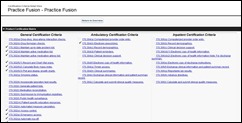

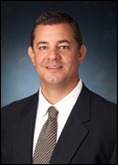






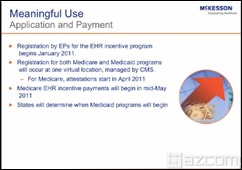

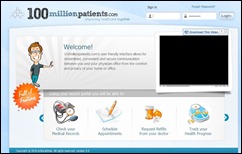
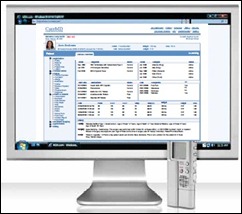
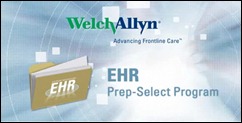


The article about Pediatric Associates in CA has a nugget with a potentially outsized impact: the implication that VFC vaccines…